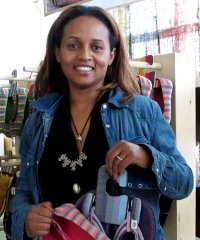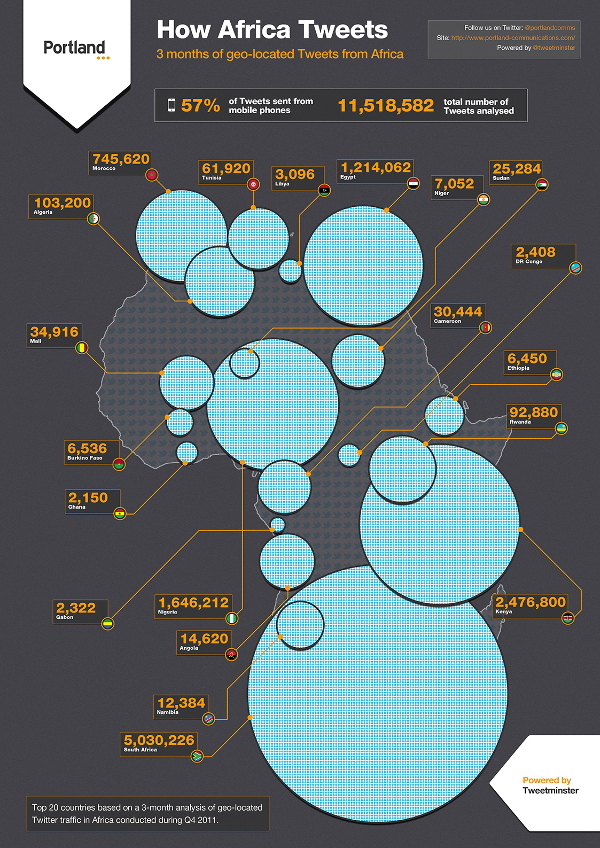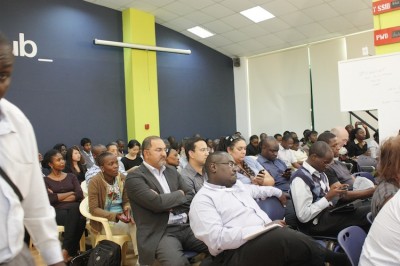Thika Greens Limited, CEO and Co-founder Charles Kibiru
Via Capital Business @All rights Reserved. http://www.capitalfm.co.ke/business/2013/04/buyers-look-beyond-nairobi-for-affordable-homes/
NAIROBI, Kenya, Apr 24 – As land
and housing prices in Nairobi continue to escalate, property developers
in the metropolis are recording renewed sales strength driven by buyers’
search for affordable luxury living – across first, second and
retirement homes.
Properties in the Thika area, categorized as
Nairobi’s zone C, recorded the country’s highest percentage increase in
sales prices last year, at 22 percent, on an average that moved from
Sh7.8 million in 2011 to Sh9.5 million in 2012.
This compared with the almost flat pricing in the previously frenetic
Zone A and B suburbs, where sale prices rose between 1 and 2 percent in
2012, according to The Hass Property Index, 2012 annual report.
Hass Consult further reported that the relatively flat sales prices
in Nairobi’s mid-town areas of Westlands, Lavington, Riverside, Kilimani
and the outer zone areas of Karen, Gigiri, Spring Valley, Lower Kabete,
Hill View Estate, Kitisuru, Loresho, Runda and Komarock were a result
of the previously steep rise in pricing now reaching the limits of
consumers’ spending power.
CEO and Co-founder of Thika Greens Limited Charles Kibiru says that:
“Buyers are not ready to spend say Sh35m for a 3 bedroom house in
Nairobi’s Runda estate while they could get the same home at less than
half price in secure, gated estates outside the city where commuting
time has also been greatly reduced by the completion of the ultra-modern
42-kilometre Thika Superhighway.”
He added that increased buyer activity in Thika, which is now a 30
minutes’ drive from Nairobi’s Central Business District, has seen a rise
in developers’ interests, with now more than five multi-million real
estate projects coming up in a town synonymous with industrial and
agricultural activities.
This surge is largely being driven by the increased interest in the
affordable luxury lifestyle integrated in developments such as Thika
Greens golf city, according to Kibiru.
“The high buying activity in Thika is driven by people who want to
live in high-income residential estates in Nairobi, but the cost is
three times higher than in developments such as Thika Greens where they
can spend about Sh10 million to own a large home compared to Sh30m cost
of a similar home in Westlands,” he explained.
“Our pool of customers range from first home owners, second and
retirement home seekers, local investors and Kenyans in the Diaspora,”
he said.
Thika Greens has been testament to the surging housing demand outside Nairobi.
In three years, the development, across three phases, has run ahead
of its original schedule, with all plots in phase one now sold out, 50
percent of phase two sold and 65 percent of phase three sold.
The premier golf estate houses an 18-hole championship golf course,
private members’ clubhouse that is also open to non-residents, five and
three star hotels, an office park, a world class shopping mall,
community centre, retirement village, schools, a hospital and a police
station.
“We offer home buyers a serene, luxurious and secure environment as
we help actualise the social pillar of Vision 2030 to decongest Nairobi
city and other urban centres,” Kibiru said.
He noted that buyers have also been attracted to Thika Greens by the
flexible options across buying a built home or buying a plot to build a
house to a controlled design.
“Buyers choice seems based on cost savings and convenience. In our
phase one and phase three, 100 percent of the buyers are building their
own houses, while phase two has attracted mixed interest, with 30
percent of the homes being made available for outright buying,” he said.
The serviced plots in phase one at Thika Greens which were costing a
buyer Sh850,000 in 2009 have now appreciated in value to Sh2.2 million,
those in phase two and three cost a buyer between Sh4.5 million and Sh7
million, and Sh2.5 million to Sh3 million, respectively.
According to Kibiru, building a house at Thika Greens is the most
popular option with buyers as they stand to save and can invest in the
building in progressive steps over time.
He confirmed that Thika Greens will deliver up to 4,000 new homes in
this fast growing locality within Thika Municipality resulting in value
creation of close to Sh60 billion, and thus providing a significant
boost to the local economy.
Sales of the development began in 2009, with the focus in the last 2
years on infrastructure and amenities that are now catalyzing home
constructions on the site.
About 40 km of the water piping and 33 km the roads have been
constructed representing 100 percent of those in phase one and 80
percent of roads in phase two.
The development has so far taken in approximately 10 per cent of Sh53
billion, the estimated cost in investments by both the master developer
and home builders, to develop the project to its current status.















